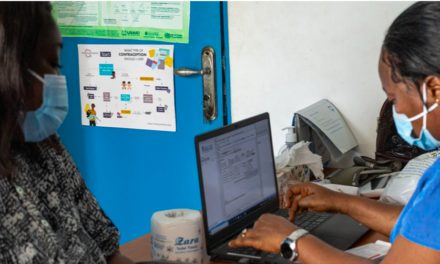A recent study presented at the annual meeting of the American Epilepsy Society in Los Angeles has shown that artificial intelligence (AI) can effectively detect infantile epileptic spasms (ES) from smartphone videos of young children. This breakthrough could revolutionize the way doctors diagnose and treat this serious condition, offering a new tool for faster and more accurate diagnoses.
The study, led by Gadi Miron, M.D., from Charité-Universitätsmedizin Berlin, focused on analyzing home videos to identify ES in infants under the age of two. Researchers used deep learning algorithms to analyze a large dataset of smartphone videos, which included 991 seizure episodes and 597 non-seizure five-second video segments from 152 infants diagnosed with ES.
The AI analysis demonstrated promising results, achieving an area under the receiver operating characteristic curve (AUC) of 0.94. This metric indicates high accuracy in distinguishing between seizure and non-seizure events. The sensitivity of the algorithm was 78 percent, meaning it correctly identified 78 percent of seizure episodes, while the specificity was 85 percent, meaning it accurately identified non-seizure segments 85 percent of the time. Overall, the accuracy of the AI system was found to be 81 percent.
In addition to evaluating seizure detection, the study also considered the false alarm rate (FAR) by analyzing videos from 67 healthy children. The FAR was found to be 5.6 percent, corresponding to 37 incorrect classifications out of 666 segments. When tested with a 90 percent sensitivity threshold on validation data, the results were even more promising, showing a 94 percent AUC, 88 percent sensitivity, 66 percent specificity, and 79 percent accuracy, with an FAR of 7.3 percent in out-of-sample tests.
“This technique could greatly assist doctors by providing additional data for patient evaluations, potentially leading to faster referrals for diagnostic tests and quicker treatment decisions,” said principal investigator Christian Meisel, M.D., Ph.D., also from Charité-Universitätsmedizin Berlin.
The study’s findings suggest that AI-based analysis of home videos could become a valuable tool in identifying infantile epileptic spasms, allowing for earlier intervention and improved outcomes for children suffering from this condition. As AI technology continues to evolve, its integration into medical diagnostics holds significant potential for transforming healthcare practices.












